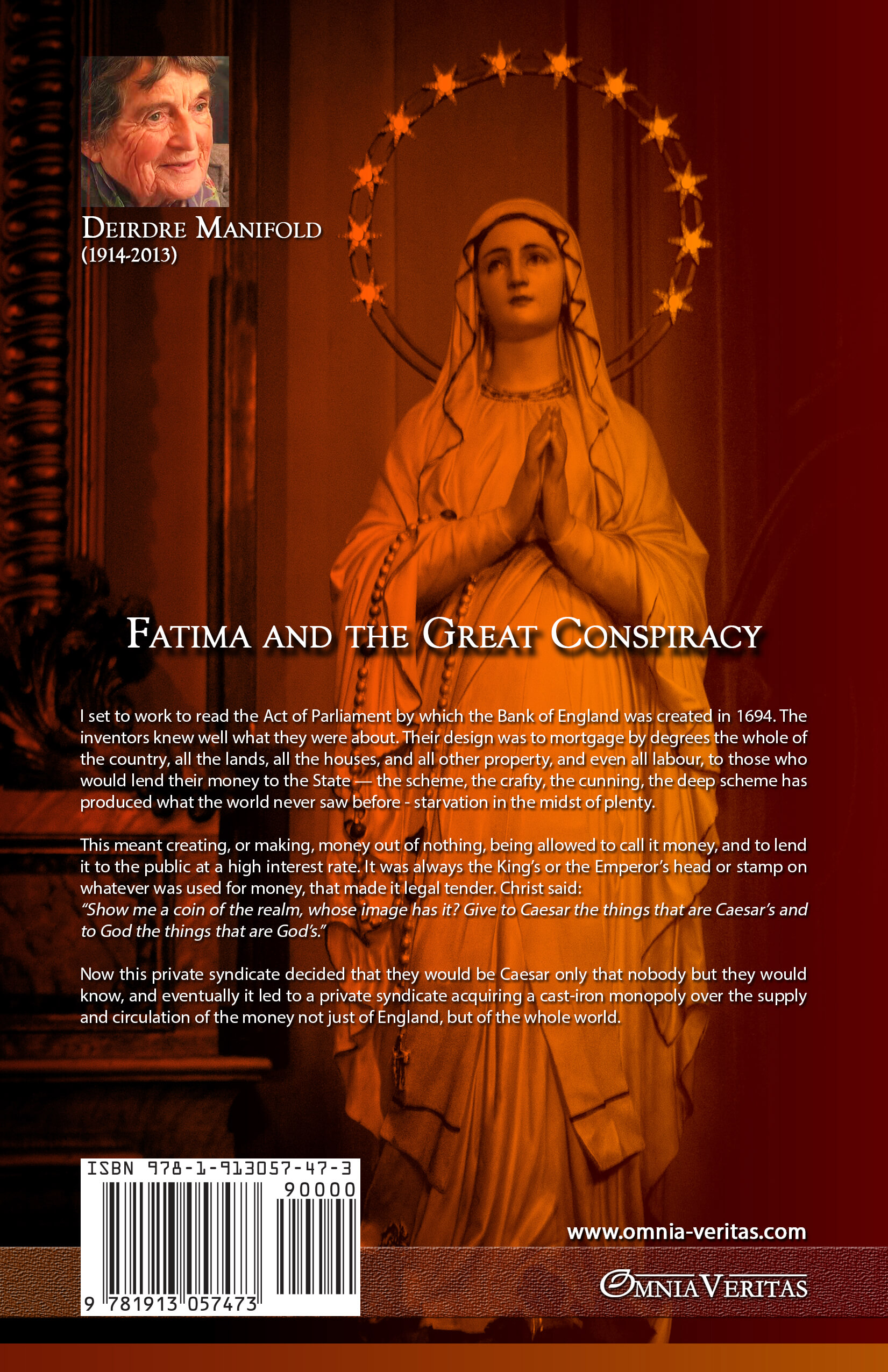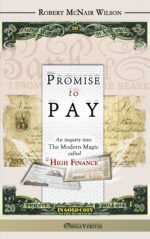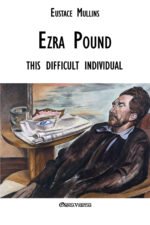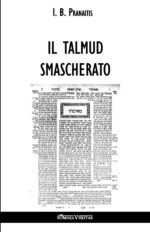It was always the King’s or the Emperor’s head or stamp on whatever was used for money, that made it legal tender. Christ said: “Show me a coin of the realm, whose image has it? Give to Caesar the things that are Caesar’s and to God the things that are God’s.”
Now this private syndicate decided that they would be Caesar only that nobody but they would know, and eventually it led to a private syndicate acquiring a cast-iron monopoly over the supply and circulation of the money not just of England, but of the whole world.















